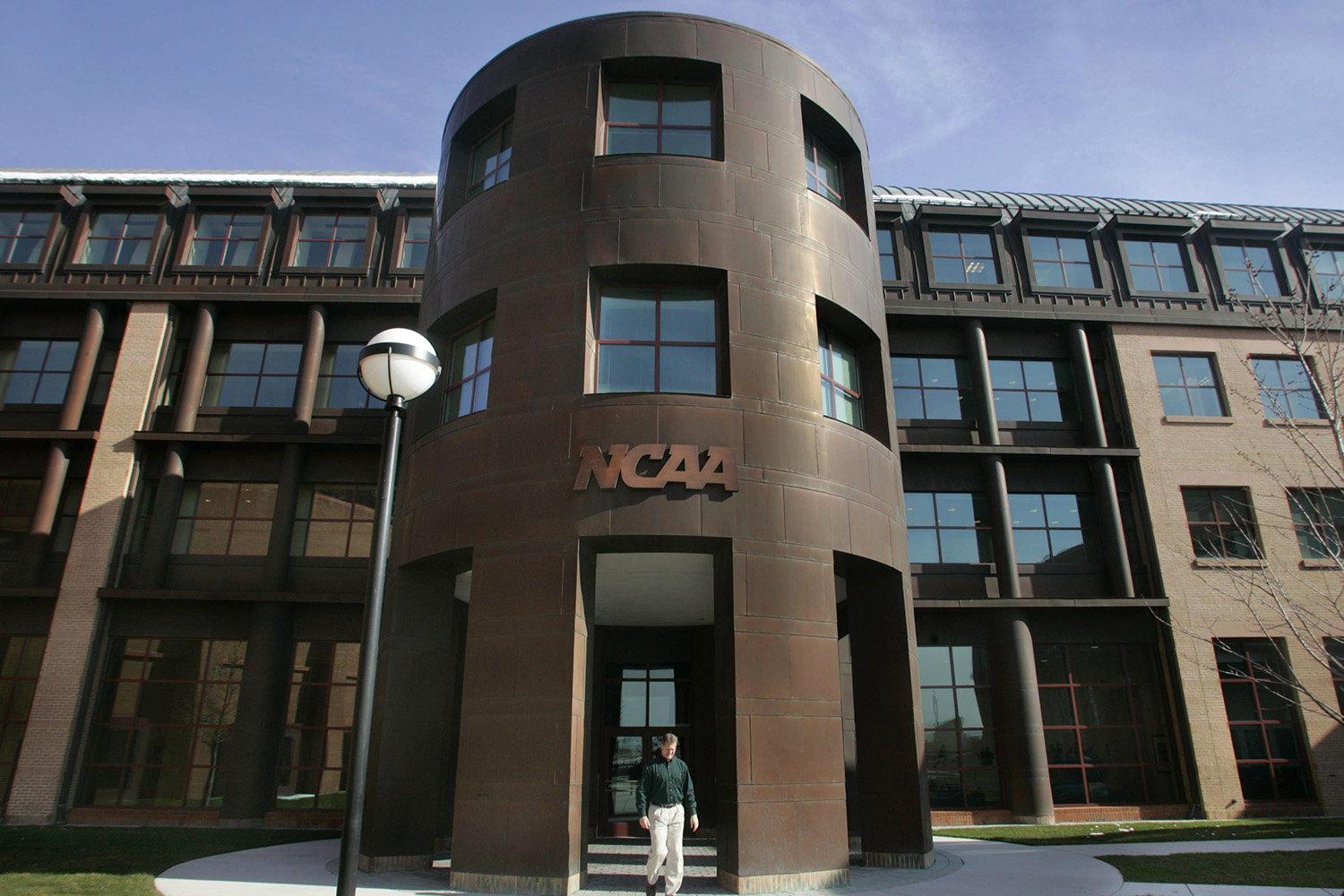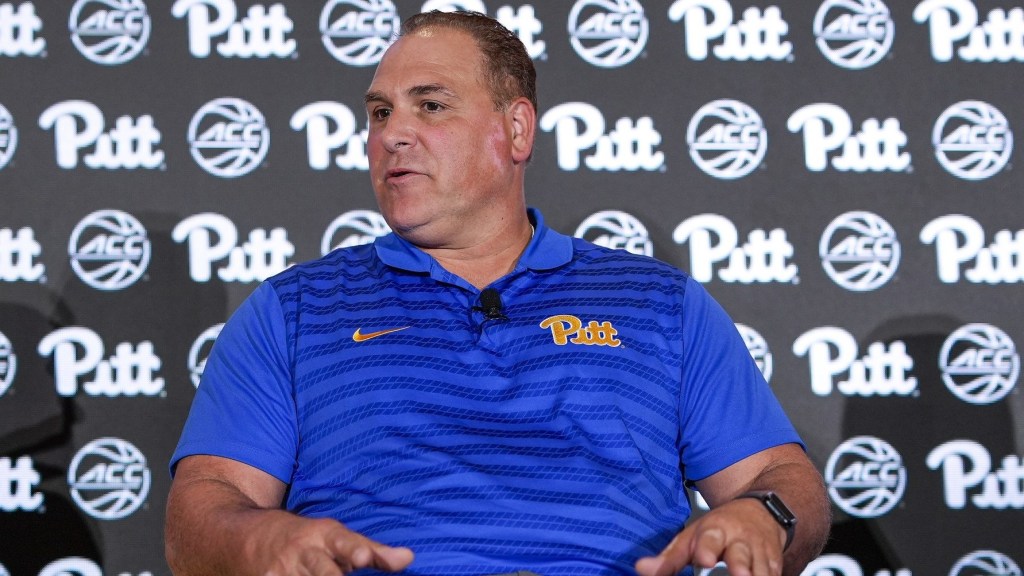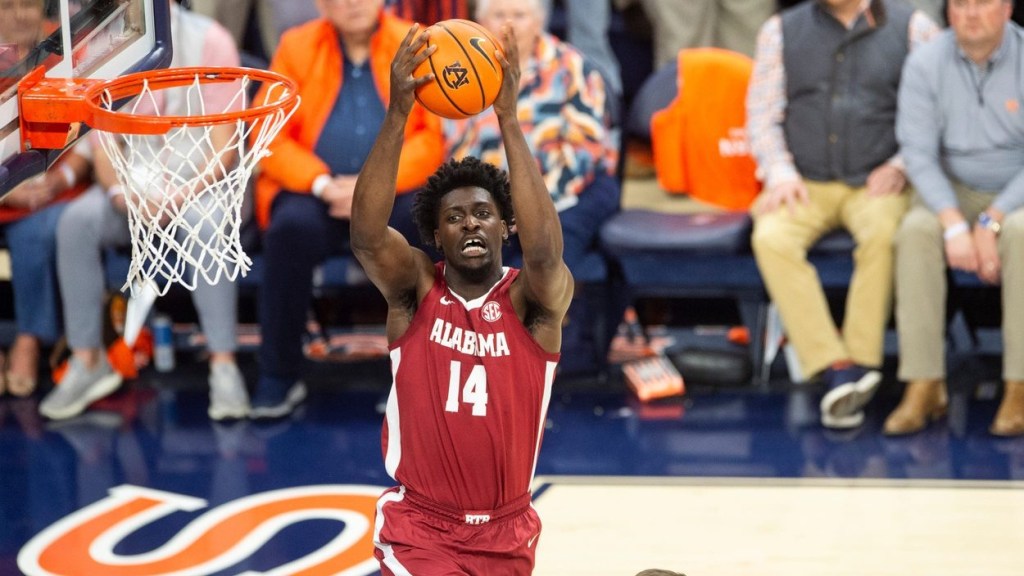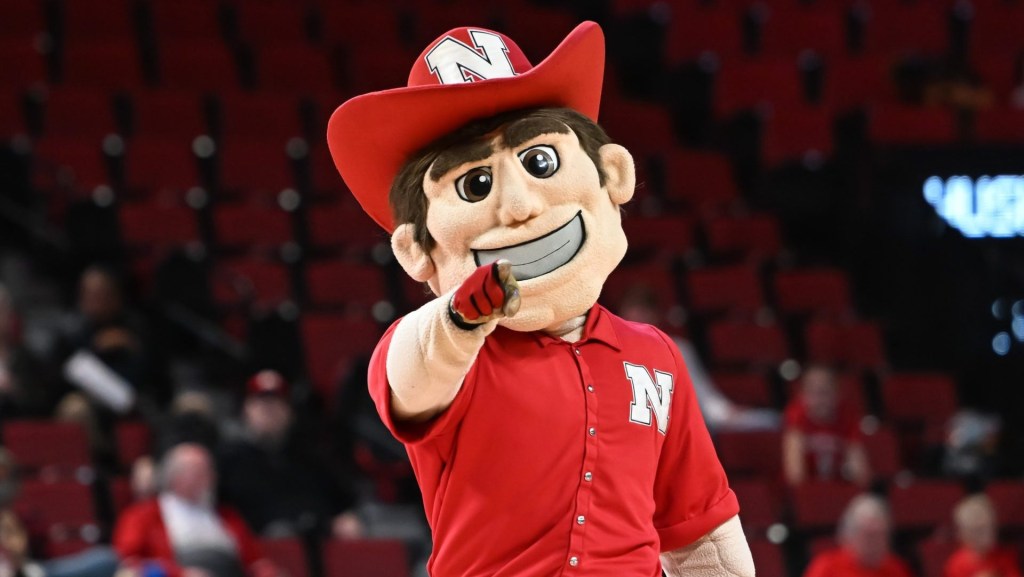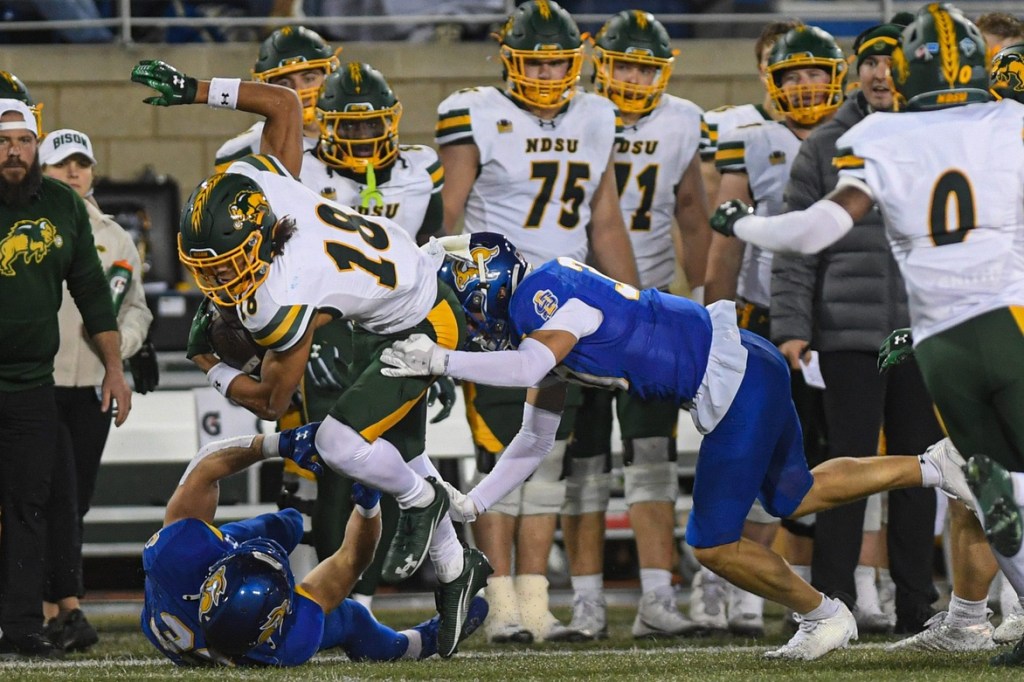In early August, Sens. Joe Manchin and Tommy Tuberville announced they would author a federal bill to govern college athlete name, image, and likeness rules — the latest introduced in Congress on athlete compensation.
As part of the process, the senators sent letters to “university athletic directors, administrators, associations, and student-athlete groups,” soliciting feedback on how a federal law could provide “leadership” and “clarity” around an NIL landscape.
They believe the current situation “potentially allows for the exploitation of student-athletes by unregulated entities, prioritizes short-term financial gain over careful investment in one’s career and the lifelong value of education, and diminishes the role of coaches, mentors, and athletic staff while empowering wealthy boosters.”
Responses from Power 5 commissioners and two reform advocacy groups, however, suggested that after a year of NIL, stakeholders still can’t agree on the best path forward — particularly regarding Congress’ role.
Power 5 Commissioners
The five most powerful voices in college sports set aside their conference realignment differences to author a letter that focused on outlawing deals that could be considered recruiting inducements or pay for play. The letter was obtained and published by SI.
Five other suggestions included:
- Creating a national standard that supersedes disparate state laws
- Making “protections” for athletes, including regulating NIL agents
- Prohibiting exclusive rights contracts
- Ensuring all deals are commensurate with a “market rate”
- Creating an NIL disclosure process
The commissioners ended their letter by noting that there are “issues beyond NIL” that some lawmakers would like to address, and that they’re “ready to engage in those conversations.” But they begged Congress to take action on NIL first — as they have for well over a year.
Knight Commission
The Knight Commission also endorsed a uniform, federal law in their letter, aimed at protecting amateurism rather than allowing athletic departments to become “commercial, auxiliary units.”
The group, considered one of the more centrist organizations in the college sports reform landscape, echoed Power 5 commissioners’ request that pay-for-play NIL deals should be prohibited.
The Knight Commission also emphasized that rules be both transparent and enforceable — currently a major complaint among the college sports establishment that has been frustrated with the NCAA’s lack of action on enforcing NIL rules.
Interestingly, the group also asked that NIL opportunities “are gender equitable.”
National College Players Association
The recommendations from the National College Players Association — run by longtime athlete advocate Ramogi Huma — were diametrically opposed to almost all of those discussed by the Knight Commission and Power 5 commissioners.
The group is firmly opposed to any federal NIL law that “fails to address issues that are far more important than NIL.”
“Some critics have asserted that the current status of NIL is unsustainable,” the letter read. “The NCPA questions why more than 80 workout-related deaths among college athletes over the last 20 years, hundreds upon hundreds of sexually abused athletes, discrimination against female college athletes, and chronically poor graduation rates among Black college athletes do not seem to cross the threshold of what is considered ‘unsustainable.’”
It endorsed a completely separate bill — the College Athlete Bill of Rights, authored by Sen. Cory Booker and others.
The NCPA is also against outlawing deals that are brokered by boosters and alumni. “Competitive equity does not exist in college sports,” the letter read, noting vast disparities in recruiting resources exist in college sports whether NIL is a factor or not. Though it is in favor of outlawing specific recruiting inducements.
Lastly, the letter refused to endorse a law that protects “amateurism” — and thinks the NCAA should not receive the antitrust exemption it’s been asking for.
